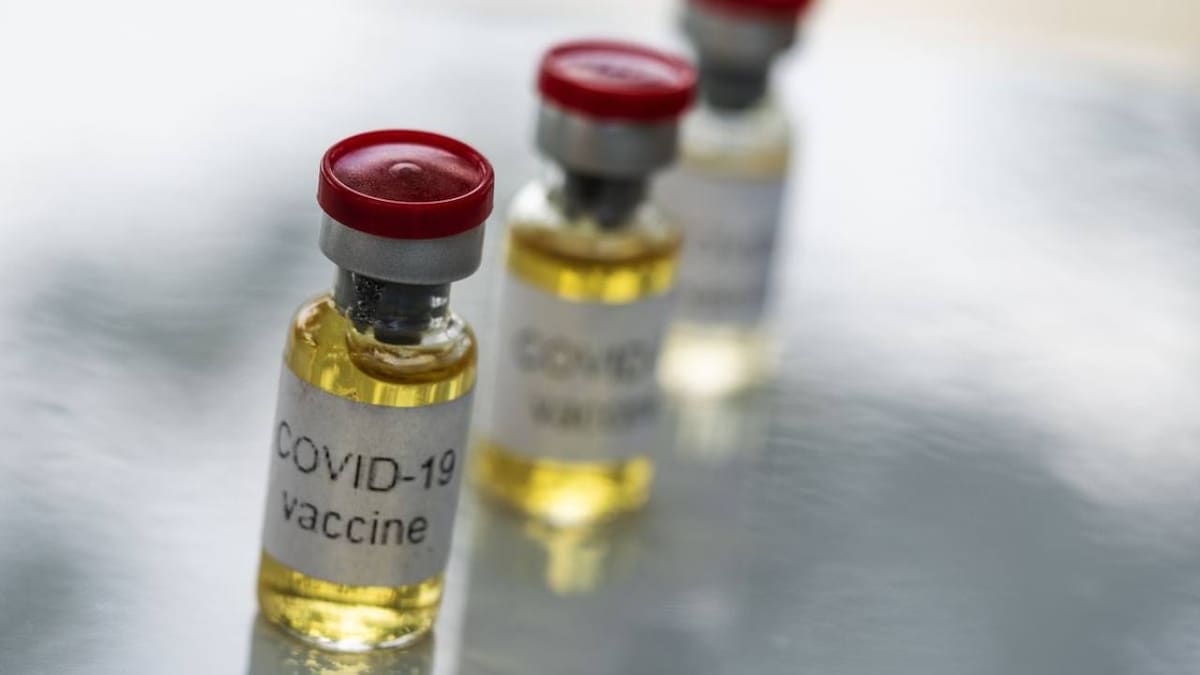Despite the world's best dreamers, the reality of creating a successful vaccine for the COVID-19 virus is on course to take a while. Why am I so pessimistic when Russia announced just yesterday a possible vaccine for COVID-19? Because I am fully aware of the pace of good/solid evidence-based science. Science is based on evidence with patient clinical trials with a review panel who is independent of political persuasion. Research takes time to create and check, along with verifying and repeating the process multiple times.
Announcements are easy to conduct with celebrations from the hype in the media over potential vaccinations. Mostly when the nation (and world) is barely hanging on through tough economic times due to quarantine orders. What is difficult and concerning about Russia is that there is no scientific evidence offered to support their claim?
And that my friends -- is lousy science. No data, no success, no news. Simple as that. In the article listed above, the announcement did include the testing for six months to be conducted on 40,000 people. That is not a successful vaccination.
That is where current contenders are as well. To name the front runner in the race, AstraZeneca is leading the charge. With many in parallel still producing a vaccine. AstraZeneca has a 30,000 patient clinical trial running currently. The crux of any clinical trial rests on the deliberation of the Data and Safety Monitoring Board (DSMB) over the clinical trial. The DSMB has the authority to do four actions during a clinical trial of a new drug or, in the present case, a vaccine.
The DSMB can do four actions: 1) Stop a study early due to the effectiveness of the drug, (2) Stop the study due to troubling side effects, (3) Suggest making changes to the study, and finally (4) Do nothing. These actions are critical during the clinical study. Additionally, the DSMB represents an independent body to ensure scientific clarity and concise review of results.
Recent reporting by CNN based on results from the New England Journal of Medicine suggests that a vaccine is working fine by FDA standards. The problem is the number of participants to start with. Although, the results indicate that patients treated with the experimental vaccine produced antibodies (which fight infection) four to six times greater than antibody levels in patients who have recovered from the COVID-19 virus.
The results are exciting and promising. As the article reviewers note, there needs to be further testing of thousands of people to confirm the results of the small trial detailed in the published paper. Not all reviewers say that news circulating of a vaccine by November are correct or promising.
According to Dr. Gupta of the University of Washington Medical Center -- interviewed by MSNBC's Morning Joe anchor Joe Scarborough, the level of skepticism surrounding the hype of a vaccine by November is tremendous within the scientific community. Producing the vaccine is one major obstacle along with another -- that is testing in clinical trials. Yet, another major hurdle is making and distributing the vaccine in a timely fashion. The link to the video can be found by clicking here.
What Happens When The Vaccine Is Ineffective?
One major problem discussed in the news is the reality of the short timeline to the vaccine hyped by the report is the possibility of a tested vaccine being ineffective. What is ineffective by definition by the FDA? According to the reporting in an article published in online news Stats, If a vaccine is less than 30% effective, the FDA concludes that a vaccine is ineffective and serves no real purpose.
One danger in ineffectiveness is that anti-vaccination campaigners will run wild with the results. That is just one fallout of producing an ineffective vaccine. Second is the failed confidence in science. Humans already hold an unrealistic view of the scientific process. Now, with the world hanging by a thread of hope for a vaccine, is not the time to take risks of producing an ineffective vaccine.
Of course, the risk could be realized by outweighing the benefit in a majority of cases. That is not the case here. The time has come (unfortunately) to take a risk. The largest danger is that the risk/benefit analysis is not properly being taught to society at large through leadership or news outlets. And that presents a real danger in moving forward for confidence in scientific results.
All because leaders in the highest office of the land (i.e., the White House) are unable to deal with the reality of the threat posed by the COVID-19 virus. Instead of getting out ahead of the virus and producing a national effort, President Trump has chosen to take a different path. A path of blindness to the reality of the danger. A path that will lead Americans along with the rest of the world into real danger in the near future.
Conclusion...
It is my hope that a vaccine is realized and produced quickly. Unfortunately, the reality of science is that the process is thorough. That is not unfortunate to me. But unfortunate to most people who think that at a push of a button, a vaccine will appear. Science will prevail with a vaccine. The question is how long will a truly effective vaccine take to produce and distribute? Time will tell. Stay tuned.

No comments:
Post a Comment